Juniper Channel Leader On Ramping Up Security Incentives, Winning Over Brocade Partners, New Cloud Specialization
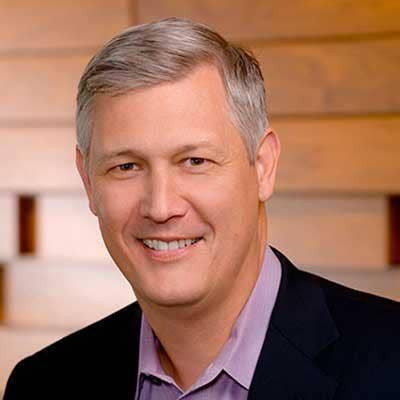
Juniper's Channel, Security, Cloud, IoT Strategy
Leading Juniper Networks' global channel charge is Brian Rosenberg, who earlier this year took on the responsibility of building a common worldwide partner strategy and framework.
"The last few years, we kind of left channel leadership for each theater to figure out. So now we're really bringing that structure back in, being able to leverage best practices and get some more efficiencies in the programs," said Rosenberg, vice president of global partners and alliances, in an interview with CRN. "Innovation at Juniper is at a velocity we haven’t seen in a very long time if you look at the number of new products coming out and the number of new concepts."
Rosenberg spoke with CRN about his channel vision, new cloud specialization, AppFormix integration, doubling down on security, and the partner recruitment effort under way at the Sunnyvale, Calif.-based company.

So as Juniper's global channel chief, what's your vision and growth strategy for partners?
If you look at the Juniper strategy, it's four pillars: cloud, cloud, cloud and cloud. Security is an integral part of that. There's no cloud, no IP networking without strong security. The way we're going to approach the market is we've got to build best-in-class hyper-scale clouds and enterprise data centers. We need partners to focus their skills there. We need to connect those clouds together and be able to connect users to those clouds through best-in-class edge to core networking, automation, security.
We also need to be able to help our service provider customers transform their business to cloud models in terms of cloud CPE and automation suites. Most business are going to want to consume our technology in more of a SaaS model, so we're making sure we have those assets in both public and private clouds for customers to leverage.

Can you name a specific partner enablement initiative ahead to drive this 'cloud, cloud, cloud, cloud' strategy?
We are launching a cloud specialization as part of the Juniper Partner Advantage program. As part of that, there's a huge enablement element to bringing our partners up to date on what we have to offer, combining with our strengths and where they want to go. There's a lot of effort that's being put into everything from technical training to sales enablement, marketing efforts to lead generation, etc.
When will that become available to partners?
It's already built. We're going to start to launch it in October. We're ready to roll.

Is Juniper creating these new programs to on-board new solution providers?
We are. We are launching programs to help partners make that transition, as well as recruiting new partners we need who were born in the cloud, who enterprises are turning to to help them move workloads into the clouds, but do it with the right security profile and the right performance.

What partners are you seeking to on board?
There's three areas where we're active in recruiting partners. One is partners who can help enterprises move to cloud and the automation required for that. Two is security partners, specifically partners who are running a managed security practice -- we believe that is critical. The third is opportunistic partners. So we have competitors who are struggling and we believe some of their partners would benefit from a tighter relationship with Juniper.
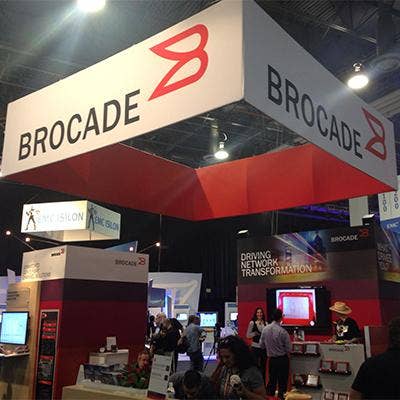
Are you talking about solution providers who partner with, for example, Avaya and Brocade?
Yes, it's those types of companies. Brocade has had a bit of turmoil with a big customer base. We have opportunities for partners to get on a stable horse that has the innovation and portfolio, and commitment to the channel, who's investing more in channel from a leadership standpoint than we've had in a long time. … We're in the midst of the biggest awareness campaign Juniper's launched in years all focused around security. Everything from digital advertising to road shows to training and enablement, you name it. It's all part of the campaign.

Juniper's security sales have been declining. Talk about your security commitment.
We're absolutely committed to security. We have seen a decline in the business. We've been very open-eyed on where the struggles have been with security, the reasons for those struggles – a lot of them technical. We spent a lot of time and energy to get that portfolio refreshed. We've got new branch, new midrange products in the market and [we're] improving the scalability on the high end. We also introduced a ton of automation capabilities into the products where there had been a gap at Juniper for the last few years.

So what's Juniper security goal within the next 12 months?
The goal is to go win back channels, win back customers. The technology is there. Partners feel and sound like they're getting back on board to drive hard. We ramping our incentives in the security space. We're all in on security.
Can you elaborate on the new security incentives?
It's specific rebates for security growth.
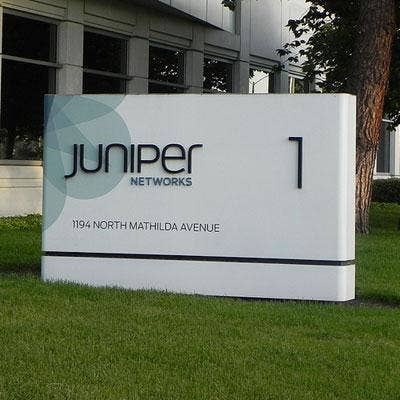
Where is Juniper winning against Cisco, Arista Networks and HPE-Aruba?
With customers who recognize the benefit of automation and cutting the calorie cost of their business. Those companies value us because of the opening of our interfaces and the automation we provide. Frankly, that's also the biggest opportunity for partners as they want to grow professional services. So we win there. We win in telco use cases where that scale matters and the price performance and TCO. Also the fact that a lot of our boxes are homegrown. So there's secret sauce to make sure from a power and space efficiency standpoint we can prove out a business case effectively.
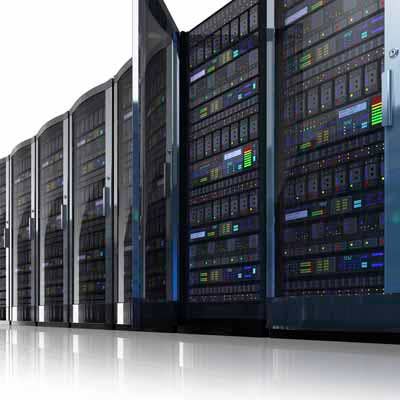
What can Juniper do in the data center that competitors have difficult doing?
Our interfaces to the network. Even for enterprise data centers, as you move to mode 1 to mode 2 operation and you try to transform and bring in more cloud technologies, the way that you're able to architect with Juniper -- you don’t have to rip and replace your network infrastructure just to change your data center architecture. Through re-cabling, through scripting, you're able to get a very different type of experience and performance level in your data center with the equipment you already have.
SDN with Contrail is a place we've done phenomenally well with folks who are deploying OpenStack as their data center infrastructure. That includes most teclos, many large enterprises who are now moving into that space. And it gives them the ability to automate and reduce the complexity of their operation.

What is your acquisition of software startup AppFormix bringing to the table?
When you couple AppFormix with Contrail, it gives you the ability to find out how are the applications doing in your network or in your data center. It's not just, 'Are the lights green? Are the lights red?" but do I have zombie servers that look like they're working but are actually not doing anything? And to be able to automate the management of that and be able to go identify and maximize the value of those assets.
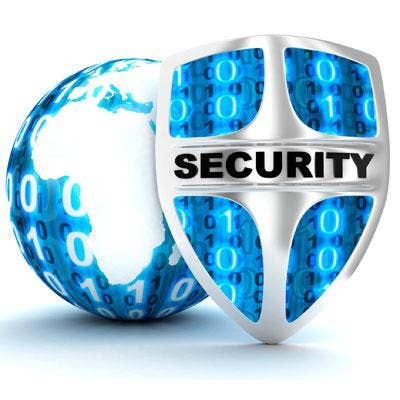
Why should solution providers jump on the Juniper security train?
The benefit of Juniper and where the innovation really is today, part of it is in the price performance that an end user sees. The biggest opportunity is in the automation. There's no place that's more sensitive to the benefits of that automation than security. And the ability to not just find that you had a threat, but to actually take action against that threat and to make that pervasive across the network, we think is very compelling. Specifically, managed security partners who are able to leverage that automation into their own benefit in terms of how they serve their customers and transform their cost, we think is a big winner for partners.

What's one solution that Juniper partners should be pushing if they want to become more profitable?
Innovation at Juniper is at a velocity we haven’t seen in a very long time if you look at the number of new products coming out and the number of new concepts. So software-defined secure networking is a great example. Where having that ability to treat the network as a firewall, and not just treat firewall as a firewall -- defend against zero-day malware. We see that as very innovative. We're starting to see customers adopt that scale.
We'll also continue to innovate in routing and switching. We were the fastest-growing data center vendor in the second-quarter 2017. Innovation is rich at Juniper at this time.

What's Juniper's Internet of Things message to partners?
For us, IoT is really a lot about security. If you have a technology like our software-defined secure networking, that basically has centralized policy control and then enforcement at any endpoints. And you look at what an IoT network is – so you've got a bunch of sensors out or machines out in the network and you want to be able to control access and be clear about the traffic they're processing. SDSN actually gives you all the technology you need to do that, and to be able to do that through single-pane-of-glass management and do it at scale. That's a very applicable play for IoT.

W hat is your new role this year at Juniper?
I have responsibility for our channels worldwide. That's really working across our different parts of the organization from our theater leaders geographically, marketing and programs -- so really across the company to pull all our efforts into a common investment framework, a common view of where we're going to grow and how we're going to serve the market. The last few years, we kind of left channel leadership for each theater to figure out. So now we're really bringing that structure back in, being able to leverage best practices and get some more efficiencies in the programs. … I'm very excited about the future of Juniper.